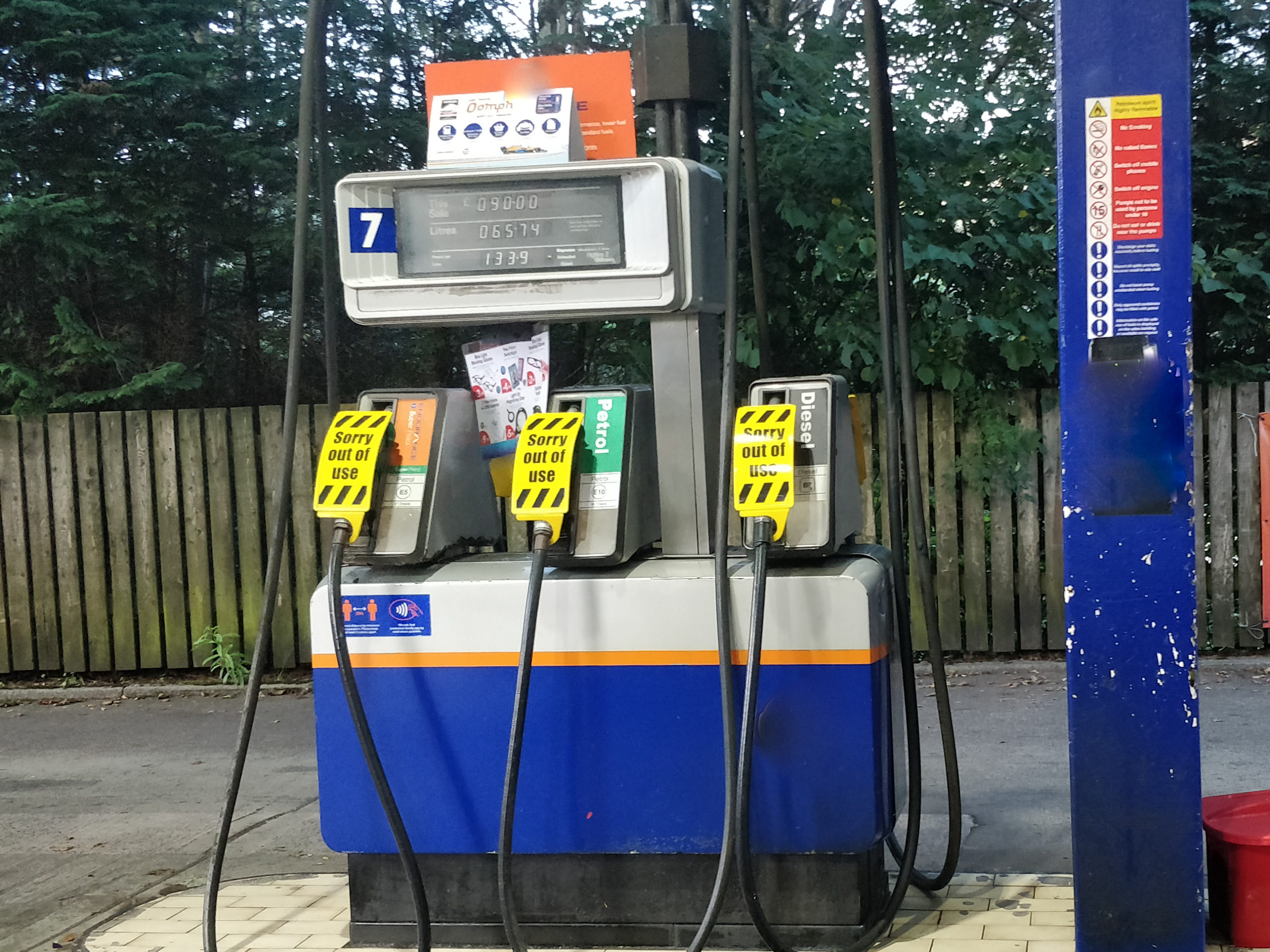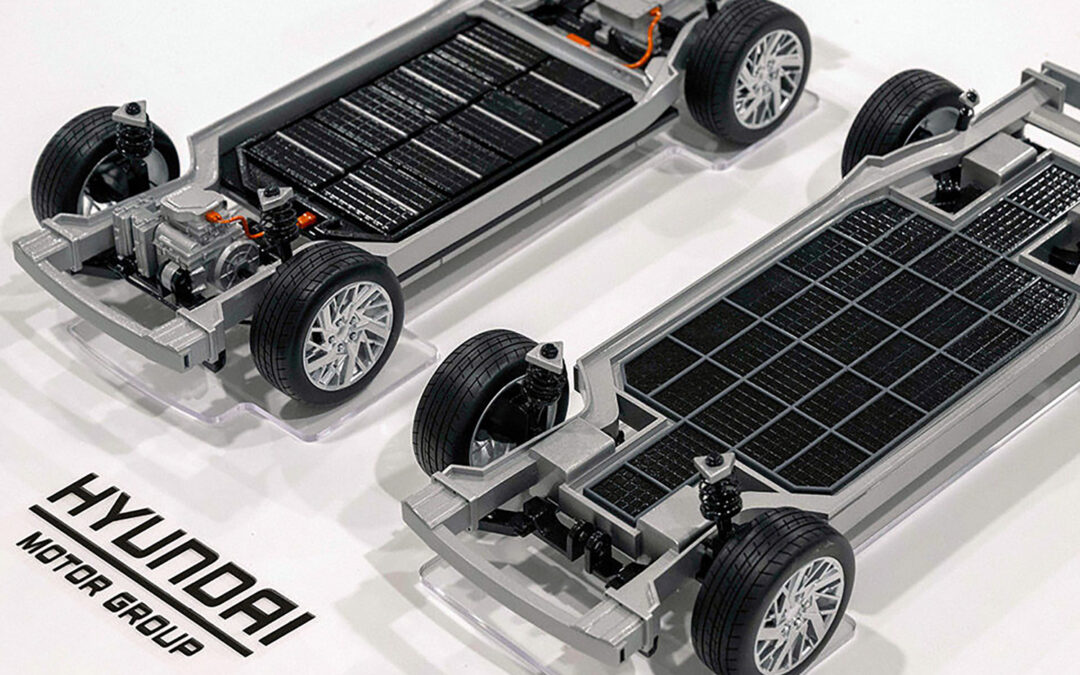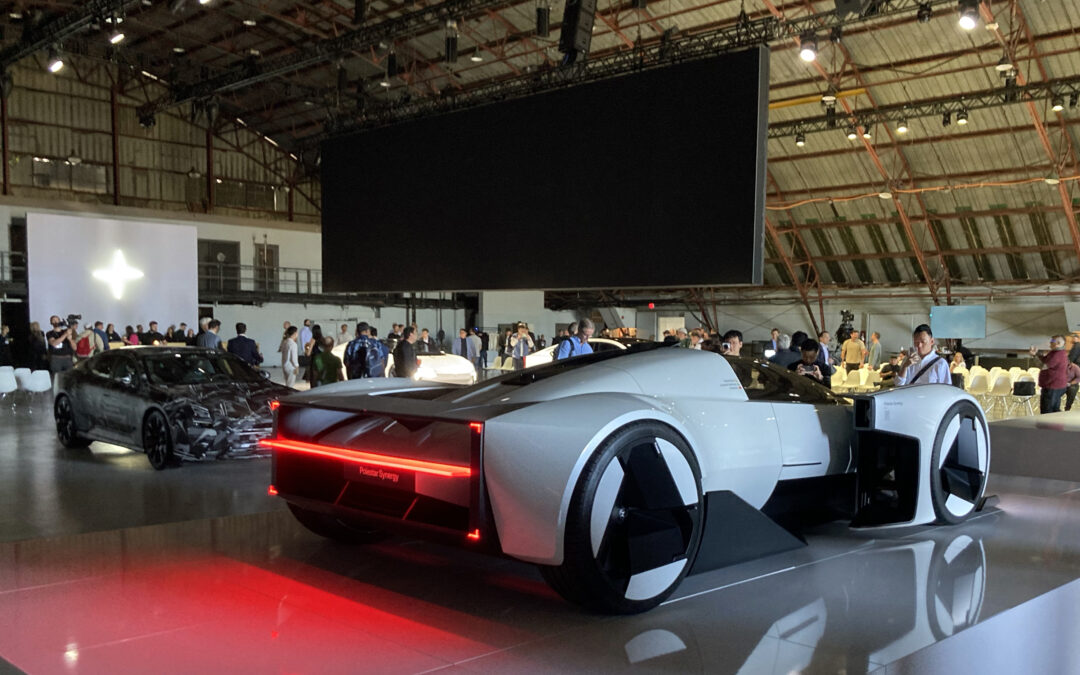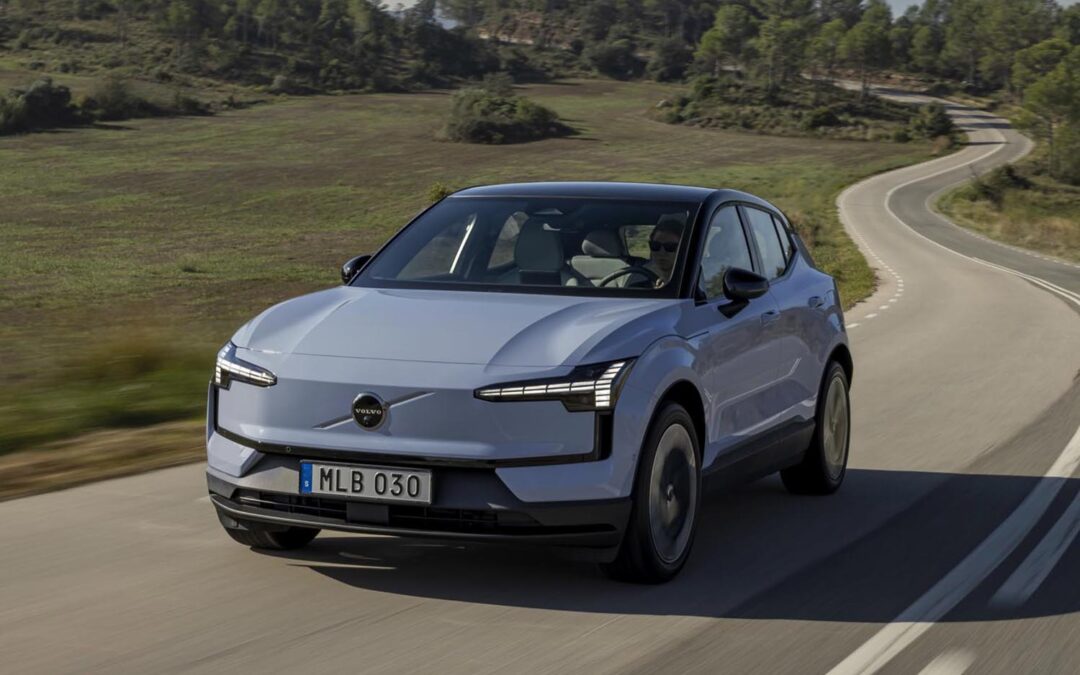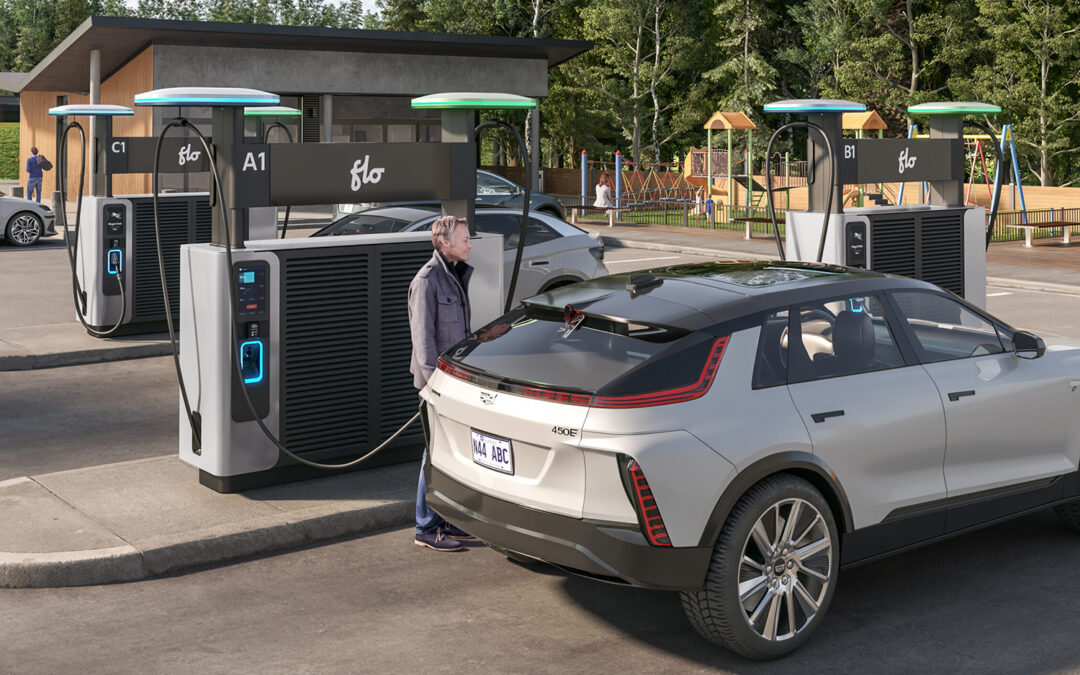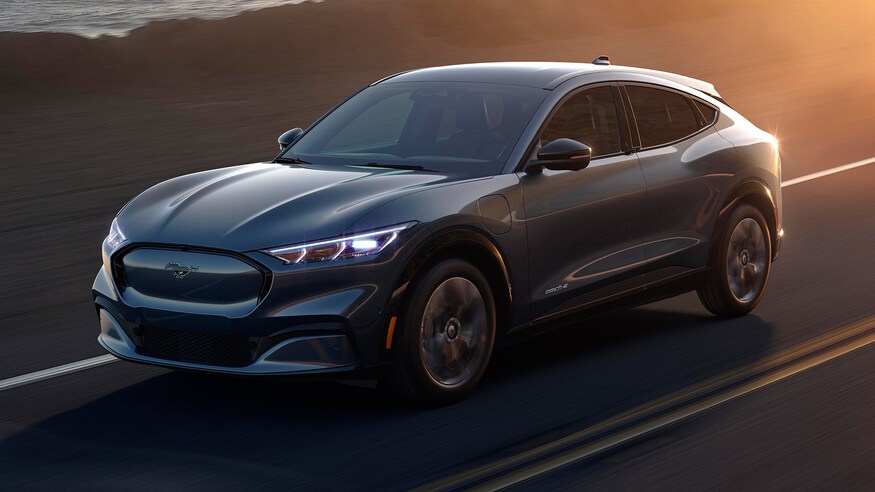Up to a third of UK motorists have admitted their next car purchase could be an electric vehicle in light of the recent fuel shortage in Britain.
Fuel concerns began on September 16 this year when notes from a cabinet meeting were leaked to the press. These suggested that a shortage of HGV drivers – an offshoot of Brexit and/or the Covid-19 pandemic – and an inability to transport fuel from its refineries to its network of service stations was forcing British Petroleum to restrict petrol and diesel supplies. With queues amassing at gas stations in the days that followed, and thousands of motorists stockpiling fuel, supplies not only sold out quickly, but, in a double-whammy, were also unable to be replenished.
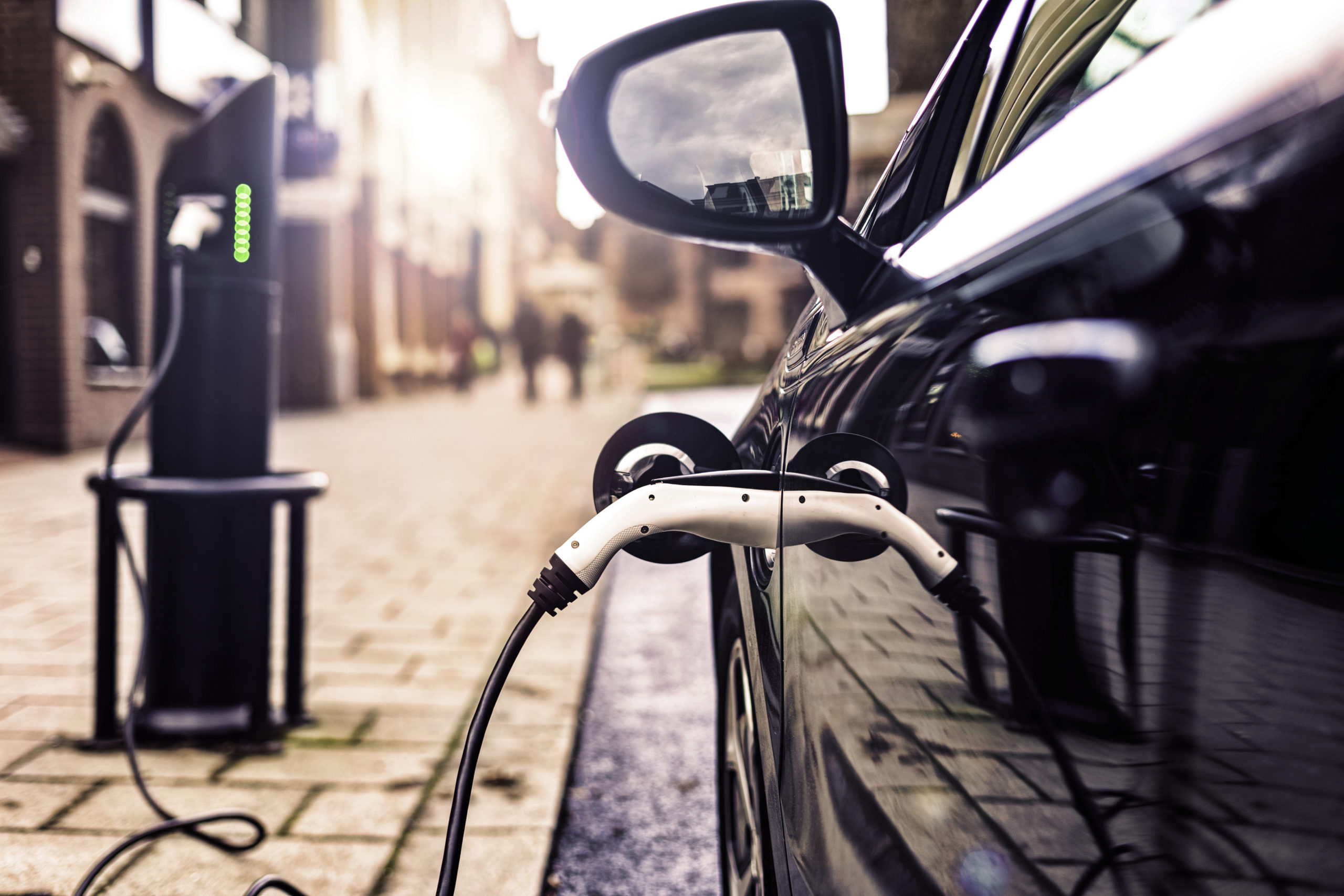
Electric Vehicle in Park Charging station in a UK Street
Now, a survey from Volkswagen Financial Services UK, the business arm of the Volkswagen Group, suggests that up to a third of British motorists would consider an electric vehicle as their next daily runner in lieu of the fuel shortage.
Of the 2,000 who participated in the study, 35 per cent admitted they were now more likely to go electric with their next purchase. Though, admittedly, not at any costs, with 32 per cent suggesting they would opt for a used EV over a brand-new model.
Interestingly, the survey, conducted between October, 22 and 24, also spoke volumes regarding the UK public’s reaction to the crisis: 30 per cent of those polled for example, aged between 18 and 24, admitted to panic-buying fuel compared with just seven per cent aged between 55 and 64. The south east also appeared to be more widely affected, as 17 per cent polled admitted to panic-buying compared with just seven per cent in Scotland.
‘It’s clear from our research that the recent fuel crisis has only accelerated the surge in demand for electric cars’
Rebecca Whitmore, the electric vehicle senior product owner at Volkswagen Financial Services UK, explained: “Electric vehicles have never been more popular than they are today and it’s clear from our research that the recent fuel crisis has only accelerated the surge in demand for electric cars and their new technologies. However, to meet the government’s decarbonization targets, we need the take-up of EVs to be much higher.
“The average length of each car journey in the UK is fewer than 10 miles [16 kilometres], so there’s still a lot of work to be done to alter the wider public’s perception of their driving habits, because an electric car would slot into the average person’s daily life more seamlessly than they probably imagine. As EV technology continues to improve and these vehicles continue to become more affordable and accessible, it won’t be too long before we have mainstream adoption in the UK.”
It was announced on October 2 that armed forces personnel would begin delivering fuel across the UK to ease demand, while 300 overseas fuel tanker drivers were also given temporary license to work in the UK until March of next year.
